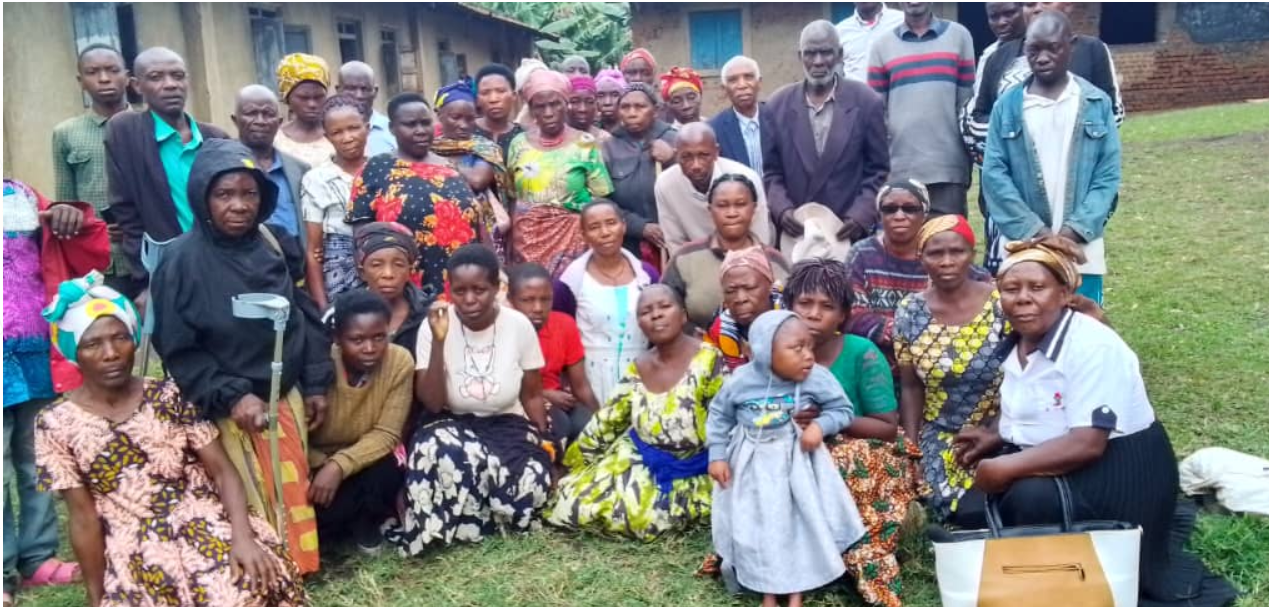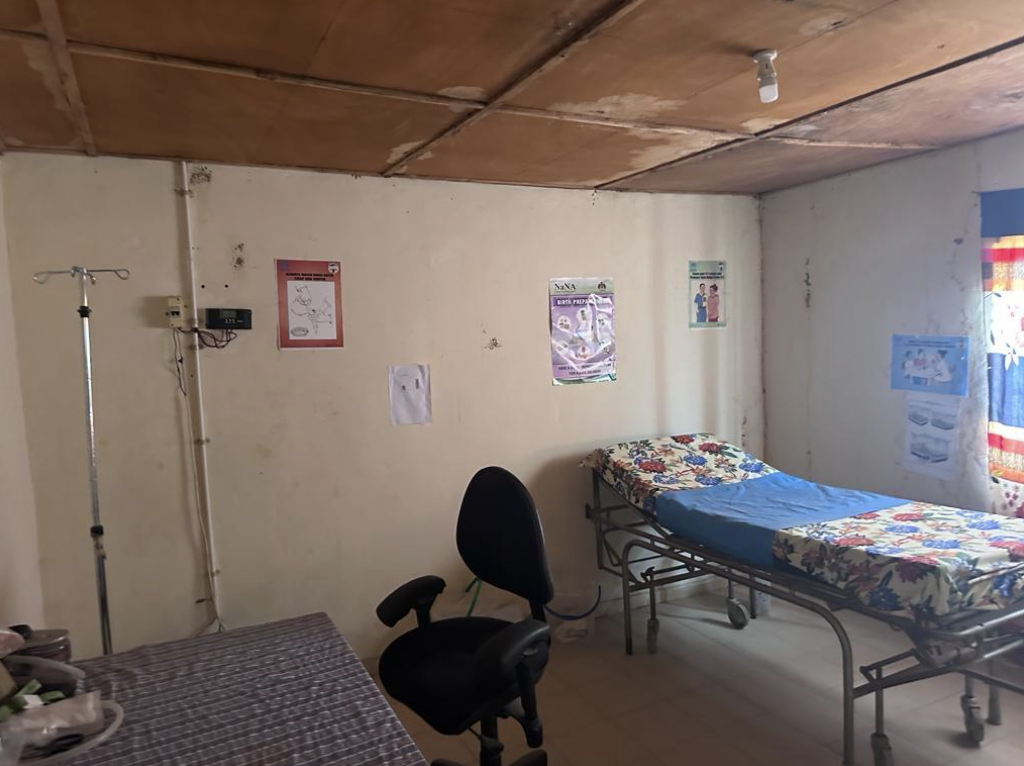Packaged rice from Ewoe Organic, the collective brand created by farmers working with OARDEP.
Rockflower is excited to report significant progress in the System of Rice Intensification (SRI) project, in collaboration with One Africa Research Development and Extension Programme (OARDEP), aimed at transforming rice farming in the Oti Region of Ghana. This initiative continues to underscore our shared dedication to enhancing sustainable livelihoods for women farmers through innovative agricultural practices.
Since the project's inception, OARDEP has successfully increased the number of participating farmers to 141, with an emphasis on including women and girls, who now make up 85% of the participants. This expansion is critical in a region where 87% of the vibrant population engages in agricultural practices, predominantly rice cultivation.
The project now encompasses five communities—Bala, Mate, Avegeme, Todome, and Abrani. Notably, these areas benefit from consistent rainfall, making them ideal for implementing dual-season rice cultivation, a practice OARDEP is eager to optimize and expand.
A cornerstone of the initiative is the robust training program that has been rolled out across the communities. OARDEP has conducted numerous workshops focused on the System of Rice Intensification, which includes modern agronomic practices such as effective water management, irrigation, and organic farming techniques. These sessions are designed not only to increase rice yields but also to promote sustainable farming practices that are environmentally friendly.
The training also extends to entrepreneurial development, helping farmers to manage their rice cultivation as a business. This includes instruction on financial management, networking with financial institutions, and marketing strategies, ensuring that farmers can maximize their profitability and sustainability.
One of the main challenges faced by the project has been the high cost of farming materials and equipment. In response, farmers have formed cooperatives to pool resources and gain better access to financial services. This cooperative approach has allowed them to meet budget constraints and continue expanding their farming operations. As a cooperative, the group now sells rice under the name, ‘Ewoe Organic.’
Another challenge faced by the group was the inconsistency of attendance at training sessions. The organization addressed this by recording their sessions for later playback and providing one-on-one interactions to reinforce learning and ensure no farmer is left behind.
A significant concern highlighted during the project is the lack of land access for women farmers. OARDEP is advocating for governmental policy changes to facilitate easier access to land for women, which is essential for sustaining production and enhancing food security in the region.
As the project moves forward, OARDEP plans to continue expanding its reach, aiming to include at least 240 farmers by the end of the project cycle. The ultimate goal is to make rice farming a sustainable and profitable endeavor in the Oti Region, contributing to food security and economic stability in Ghana.
Rockflower remains committed to supporting OARDEP as they work to refine and implement these strategies, ensuring that the benefits of the SRI project reach as many farmers as possible, thereby transforming not only individual lives but also entire communities.































